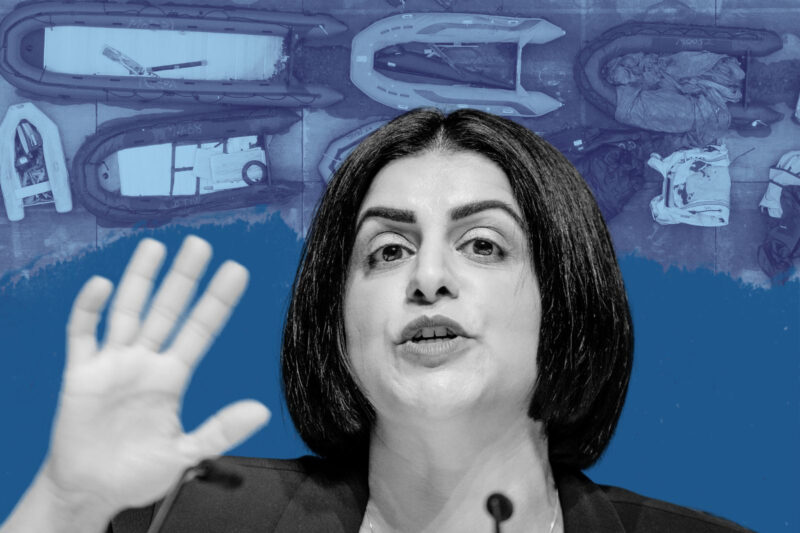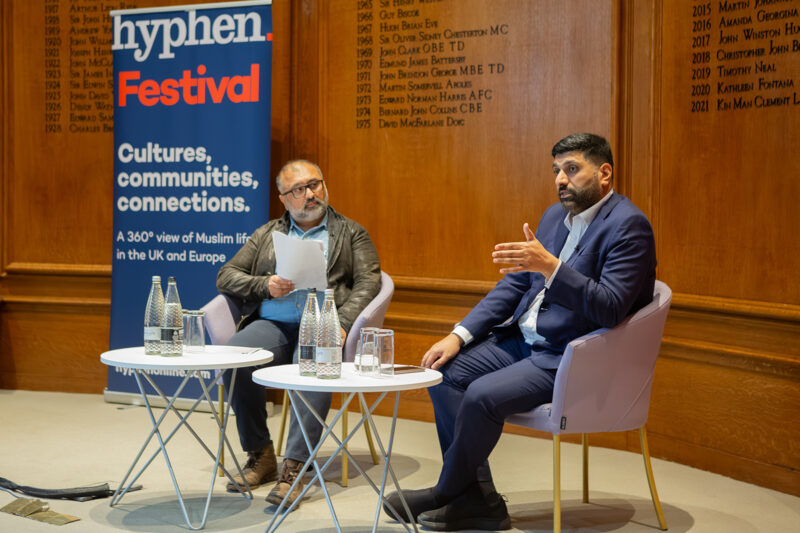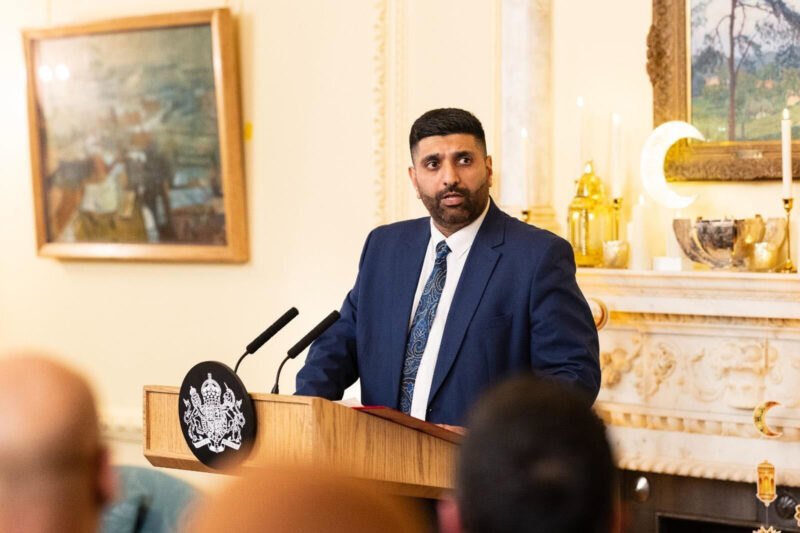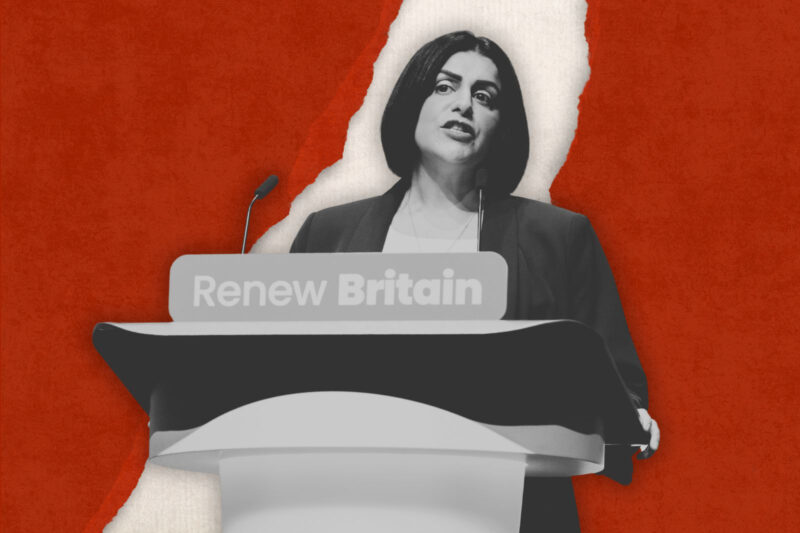It’s not just immigration numbers worrying Labour MPs — it’s Starmer’s tone
The prime minister’s words have already been likened to those of Enoch Powell. Other MPs see the tough rhetoric as an attempt to save their seats
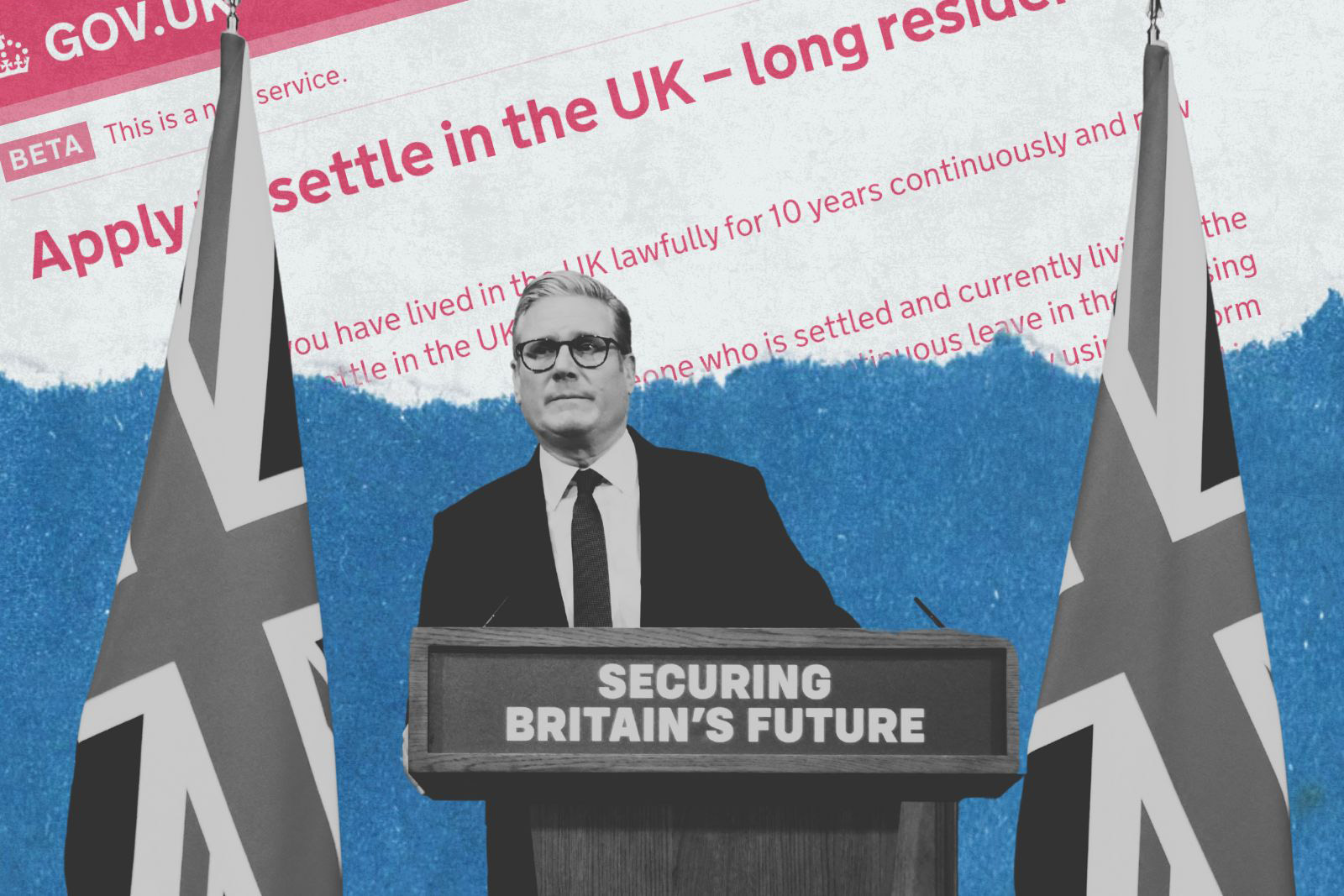
For 15 years, prime ministers have stood before the public and made firm promises to bring net migration down — only to watch the numbers rise instead.
David Cameron pledged in 2010 to reduce net migration to the “tens of thousands”; today, it sits at more than 700,000, nearly three times the figure it was when Cameron first stepped into Downing Street. Every prime minister since then has repeated the promise and none have delivered. Now Keir Starmer has stepped up to take his swing, saying he will get the numbers down significantly.
But this time, it’s not just the policies drawing attention — it’s the tone.
Starmer’s language was blunt, stark and, in the eyes of some of his own MPs, inflammatory. Declaring that the UK’s “open borders experiment has failed”, the prime minister went on to warn that the country was at risk of becoming “an island of strangers” and said the scale of immigration was causing “incalculable damage”.
It was a departure not just from Labour’s past, but from Starmer’s own previous tone. While his team are insistent that his position has not changed, there can be no denying that the language was more forceful than we’ve heard before.
Starmer’s new package of immigration policies is, at face value, comprehensive. He’s doubling the required residency from five to 10 years before immigrants can apply for indefinite leave to remain or full citizenship, although there are exemptions for those who have made a “substantial” contribution to the UK. Care worker visa routes are being tightened, English language requirements will become more stringent, and international students will have less time to stay and work after graduating.
Home secretary Yvette Cooper told the Commons on Monday that these measures could reduce annual net migration by about 100,000 people each year. Starmer himself has been a little more guarded, saying only that his ambition is to cut the numbers “significantly”.
One Labour MP I spoke with expressed genuine concern that the tone coming from the prime minister amounted to “a huge step up in anti-migrant rhetoric”, and accused Starmer of “mimicking the far right”.
Another MP warned that, after last year’s wave of far-right riots, such language was “fanning the flames” of social unrest. A third told me they were upset that Starmer had not said more about the positives of immigration.
They are not alone. Labour MP Clive Lewis went so far as to tell me that Starmer had “echoed the language of Enoch Powell’s ‘rivers of blood’ speech”.
These are not casual criticisms. For many progressives in the party, Starmer’s shift, especially from someone who once served as Jeremy Corbyn’s shadow immigration minister, feels like a profound betrayal.
But there are others in Labour’s ranks who see it differently. Several MPs told me they were impressed by the decisiveness of the announcement. Immigration, they argued, is a pressing issue for many voters, particularly in constituencies which are under threat from Reform UK. “We can’t be weak on this issue if we want to keep our seats,” one MP told me bluntly. For them, this is not about appeasing the far right but reconnecting with constituents they fear they are at risk of losing.
Unsurprisingly, the reaction from Reform UK has been confident. Nigel Farage, Reform’s leader, who I interviewed for ITV News after Starmer’s announcement, told me he saw this as the prime minister’s “Rishi Sunak moment” — referring to Sunak’s now-infamous “stop the boats” promise in the run-up to the 2024 general election.
When the boats didn’t stop, Farage says, voters noticed and punished the Conservatives at the ballot box. Starmer, Farage believes, is repeating that playbook: high-stakes rhetoric backed by politically popular promises. But Farage doesn’t buy the sincerity. “He doesn’t really care about immigration,” he told me.
Still, he was, somewhat surprisingly, otherwise vaguely complimentary about the move, saying the government had effectively borrowed Reform UK policies and that the rhetoric was “in the right direction”. But the compliments stopped there. Starmer, he insisted, wouldn’t follow through.
And that’s where the electoral risk lies for the prime minister. If migration figures do not fall substantially by the next election, the political backlash could be swift and punishing. With the bar now publicly set, failure to deliver will be measurable, and Farage and Conservative leader Kemi Badenoch are already sharpening their knives.
What’s more, if the numbers do fall but come at the cost of social cohesion, or if the tougher language alienates some of Labour’s own base, Starmer may find he has traded long-standing party values and unity for political gain elsewhere.
So far, the migration debate in British politics has been one of promises made and promises broken — all while real people’s lives, families seeking safety and trying to build their futures, hang in the balance. Starmer is betting that he can be the exception. But with such high-stakes language and a divided party behind him, he has little room for error.
Because it’s not just the numbers that matter. It’s the words and actions too.
Shehab Khan is an award-winning presenter and political correspondent for ITV News.
 Newsletter
Newsletter




